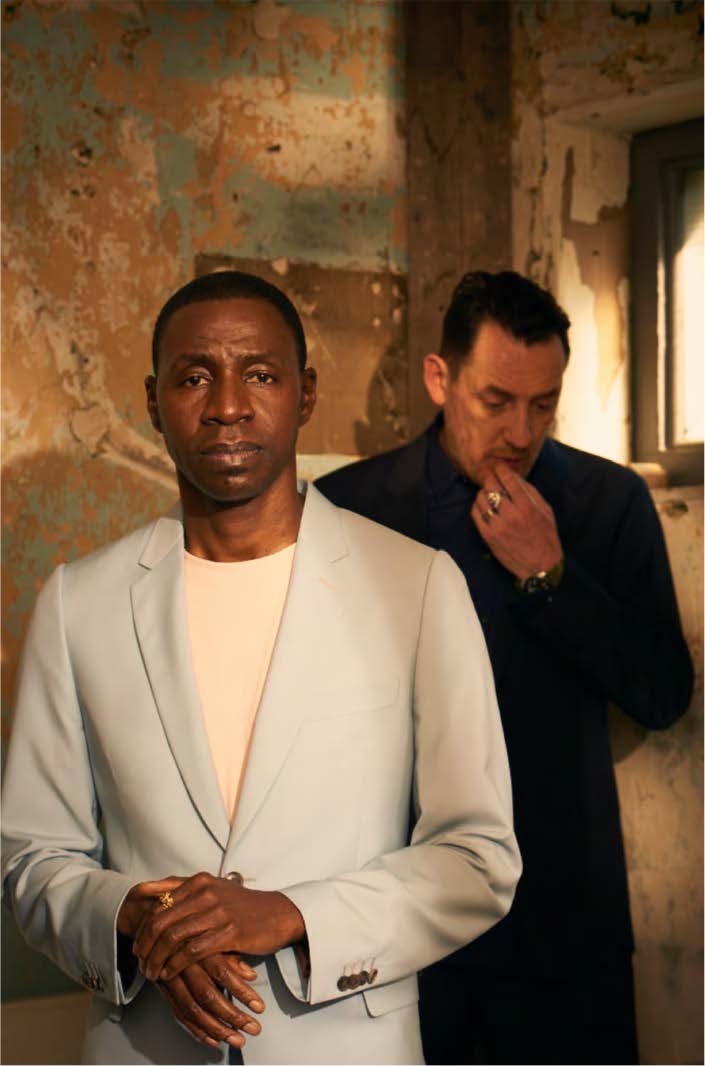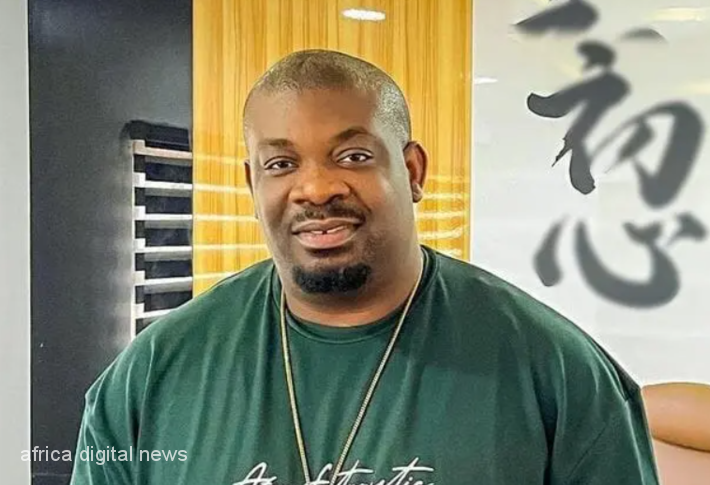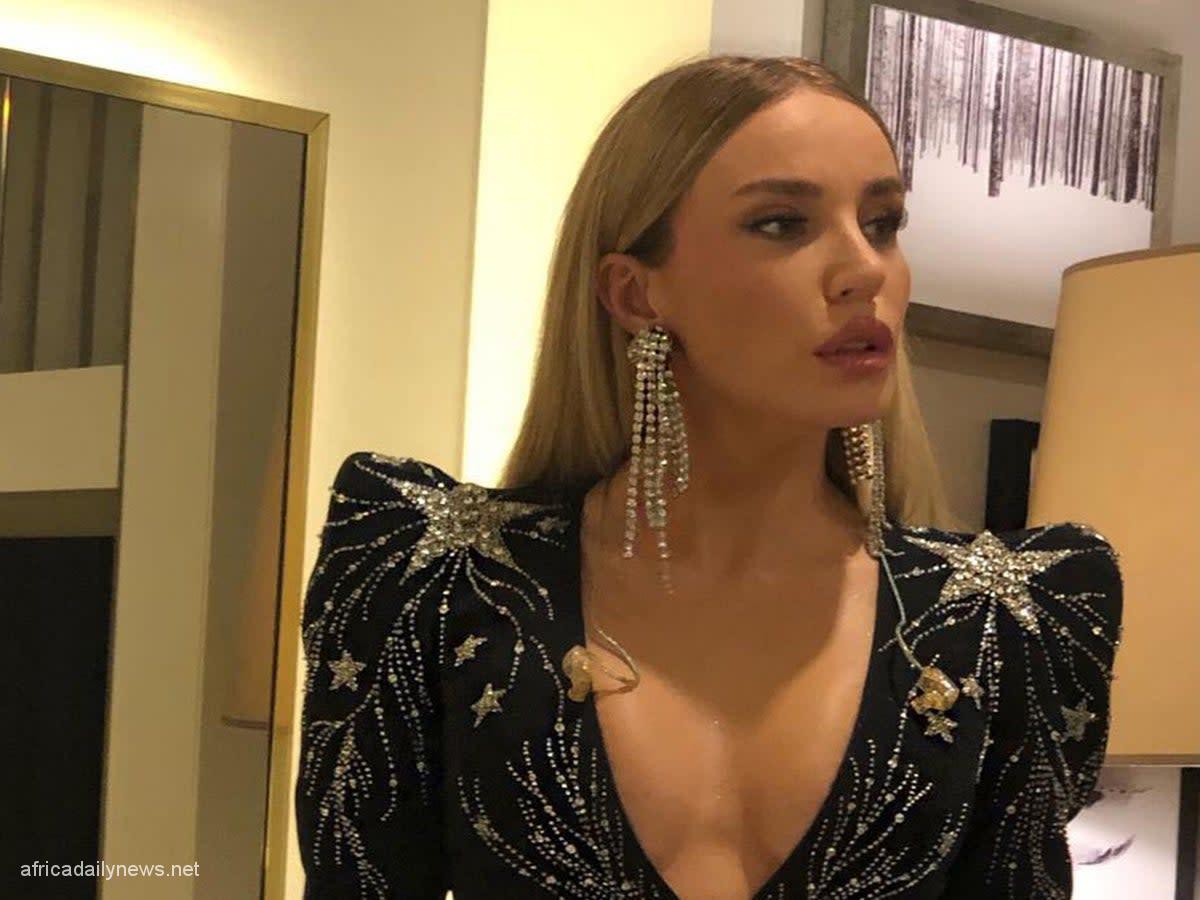Growing up in an era where cigarette adverts were permitted to air on television and radio, it was a tad difficult to miss those deceptive cuts that told us it was a mark of pristine masculinity to puff on neatly wrapped nicotine.
It was also one of those ads – St. Moritz’s – that introduced me to the music of Lighthouse Family. Ocean Drive’s simple yet inspiring lyrics contradict the reality cigarettes represent, but the minds behind it found it beautiful enough – maybe it’s Tunde Baiyewu’s voice – to rest the soul of the commercial on. Such was the power that the band had in the late 1990s and the early 2000s despite the diverse backgrounds of its members.
Baiyewu, although born in Willesden Green, north London, is firmly rooted in the culture of his Nigerian parents. The death of his father at the age of 42 when he was a kid forced his mother to return to Lagos, Nigeria, where he was introduced to Yoruba culture and the music of Fela Kuti, Sunny Ade and Ebenezer Obey. His partner Paul Tucker is a thoroughbred Briton who grew up in a world where such music influence is alien.
Read Also: Unfathomable Mercy: A full length TV drama series 46
Naija Boy
Decades after leaving Nigeria, Tunde insisted he is still a Nigerian without a shade of doubt. Married to a British-Nigerian Tope Adeshina, the Lighthouse Family vocalist said there was no reason to “shy away from my heritage” especially since that heritage enables his creativity.
“A lot of our melodies – I do melodies for most of our songs – come out of the Yoruba language which I speak. There is a certain rhythm to the Yoruba language.”
The bridge in one of Lighthouse Family’s best-known songs, ‘High,’ was influenced by Yoruba. The first line of the bridge, “At the end of the day remember the days,” was written to rhyme with the Yoruba name Ogunmodede, Tunde said. Loosely translated as Ogun (Yoruba’s god of war and metals) brings the hunter home, the name embodies the essence of Yoruba traditional religion and history. And at a point, he had a Nigerian singer – Tiwa Savage – sing backup for the band.
He also pointed to the use of Yoruba on ‘Anaesthetics,’ a song that shows the depth of his emotional vulnerability after his mother’s death, as a way of him connecting to his culture.
What Tunde gained in being acculturated in Nigeria was instrumental to his outlook on music and the creation of melodies for Lighthouse Family songs. It also proved, at some point, to be the cause of healthy conflict with Paul.
“Overall, we are generally on the same page,” Tunde told me. “But there are creative differences that happen sometimes… because of my Nigerian roots.”
But in those “conflicts” Tunde and Paul found the building blocks that form the core of “what we do.”
They found a bond in music so strong that 18 years after their last album – Whatever Gets You Through The Day –, the duo returned in 2019 with an album, Blue Sky in Your Head.










